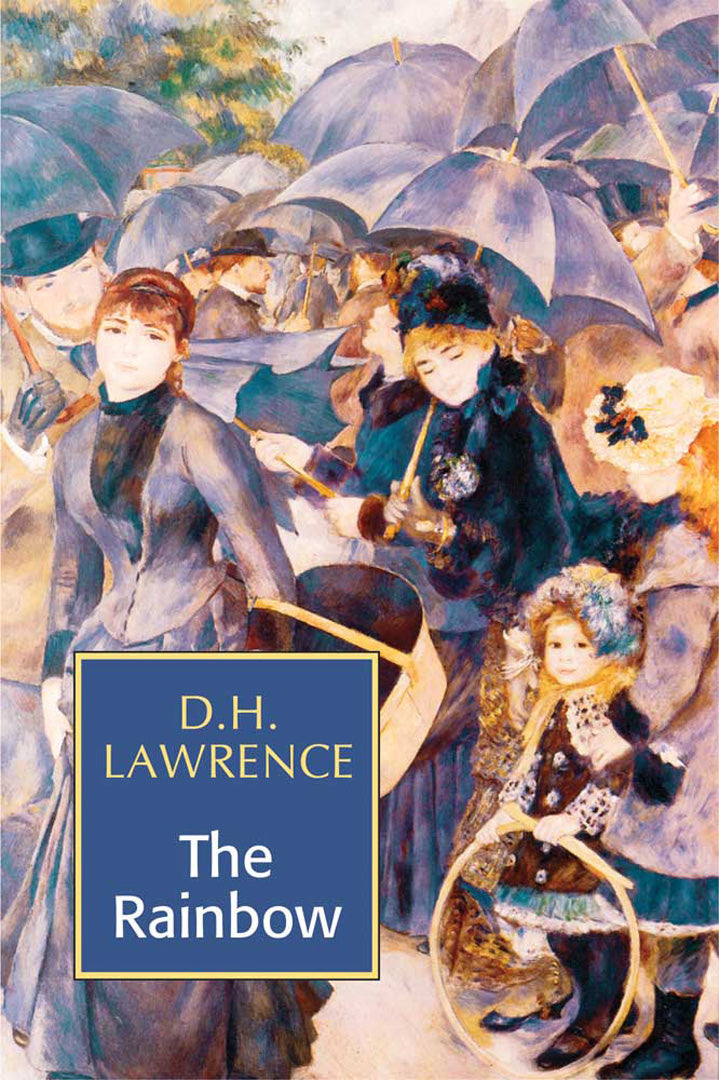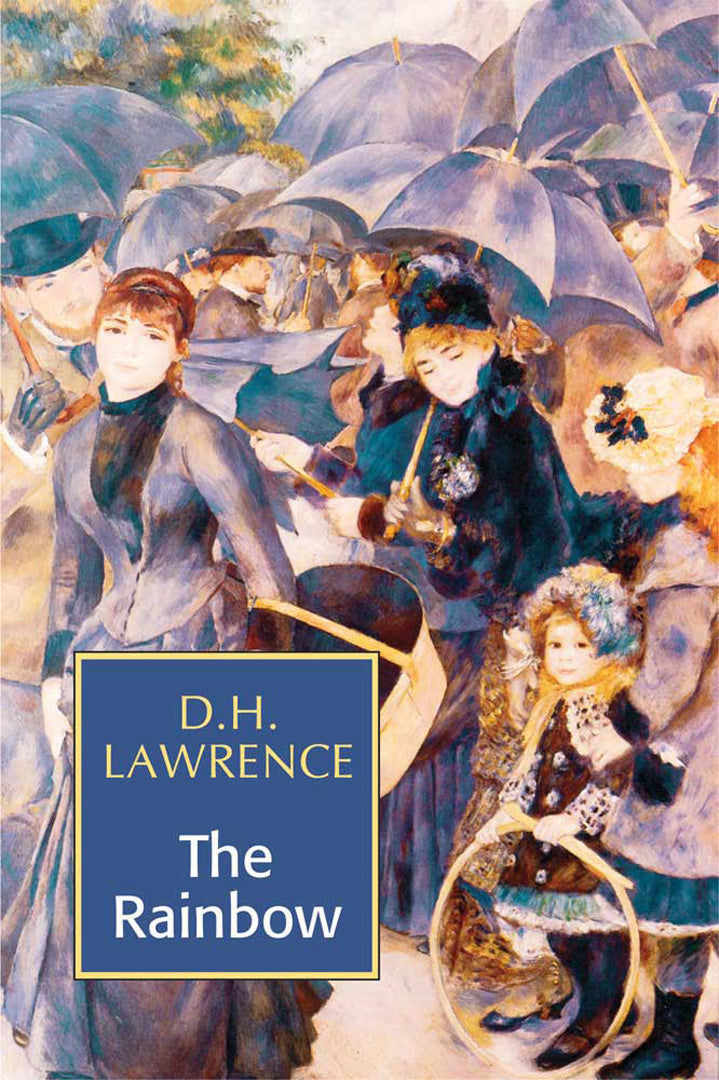The Rainbow
The Rainbow
D.H. Lawrence
Couldn't load pickup availability
Share

More Information
- ISBN13:
- Publisher: Atlantic Publishers & Distributors (P) Ltd
- Publisher Imprint: Peacock Books
- Publication Date:
- Pages: 518
- Binding:
- Item Weight:
- Original Price:
About The Book
Set in the rural midlands of England, The Rainbow chronicles the lives of three generations of the Brangwen family, conveying how their rural existence is gradually but profoundly changed by the influx of industry and urbanism. But it is far more ambitious than a family history. Using the language of religious experience, Lawrence shows the struggle of the individual human consciousness in facing an unknowable, infinite reality beyond the commonplace social self.
The book is remarkable for its study of the ‘recurrence of love and conflict' within the marriages it describes; for its attempt to capture the flux of human personality; and for its sense of a mystic procreative continuity within the ‘rhythm of eternity’ both of the seasons and the Christian year. In spite of the view held by T.S. Eliot and reiterated by many contemporary critics, that in this novel is found ‘the profoundest research into human nature’, The Rainbow was banned by court order within six weeks of its publication in London in 1915 on grounds of obscenity. Today it is considered a brilliantly rendered work of art. This edition reprints the original, unexpurgated text.
About The Author
David Herbert Lawrence (1885-1930) was born at Eastwood, Nottinghamshire, fourth of the five children of a coal-miner and an ex-school teacher. He attended Nottingham High School and Nottingham University College. He grew up in considerable poverty. Emotional friction between the parents, and Lawrence’s close relationship with his mother, left important traces in his later writing. He was subject to illness, including lung infections, from a very early age and poor health dogged him throughout his life, culminating in his death from tuberculosis at the age of forty-four.
After leaving school in 1901 Lawrence became a junior clerk in a surgical appliance factory for a brief period. From 1902 to 1906 he worked as a pupil teacher, at Eastwood and then at Ilkeston, saving the money necessary to take a training course at University College. He matriculated at the age of twenty-two and joined the staff of Davidson Road School in Croydon, an important move towards emotional and financial independence and the prelude to his literary career.
His first novel, The White Peacock (1911) was followed by The Trespasser (1912). After the death of his mother to whom he had been abnormally close, he became seriously ill and gave up teaching. Sons and Lovers (1913) is a faithful autobiographical account of these early years. In 1912, he met Frieda Weekley, daughter of a German baron and wife of his old Professor at Nottingham; she was six years older than Lawrence and mother of three children. They fell in love and eloped to Germany. Their life was passionate and stormy; they married after Frieda’s divorce in 1914.
During World War I the Lawrences at first lived in London, then moved to Cornwall. They developed close friendship with many of the literary figures of the period like David Garnett, Aldous Huxley, Betrand Russel, Lady Ottoline Morrell, Katherine Mansfield, John Middleton Murry and Richard Aldington. The Rainbow (1915), considered by many critics to be his best novel, was prosecuted by the authorities and banned on grounds of obscenity. Further harassment followed when the Lawrences were accused of spying for the Germans and were officially expelled from Cornwall in October 1917. He had completed another novel, Women in Love, but was not able to find a publisher. Lawrence’s last novel, Lady Chatterley’s Lover, was banned in 1928 and his paintings confiscated in 1929. He died in Vence in 1930 at the age of forty-four. During his life he had produced more than forty volumes of fiction, poetry, drama, criticism, philosophy and travel writing.

